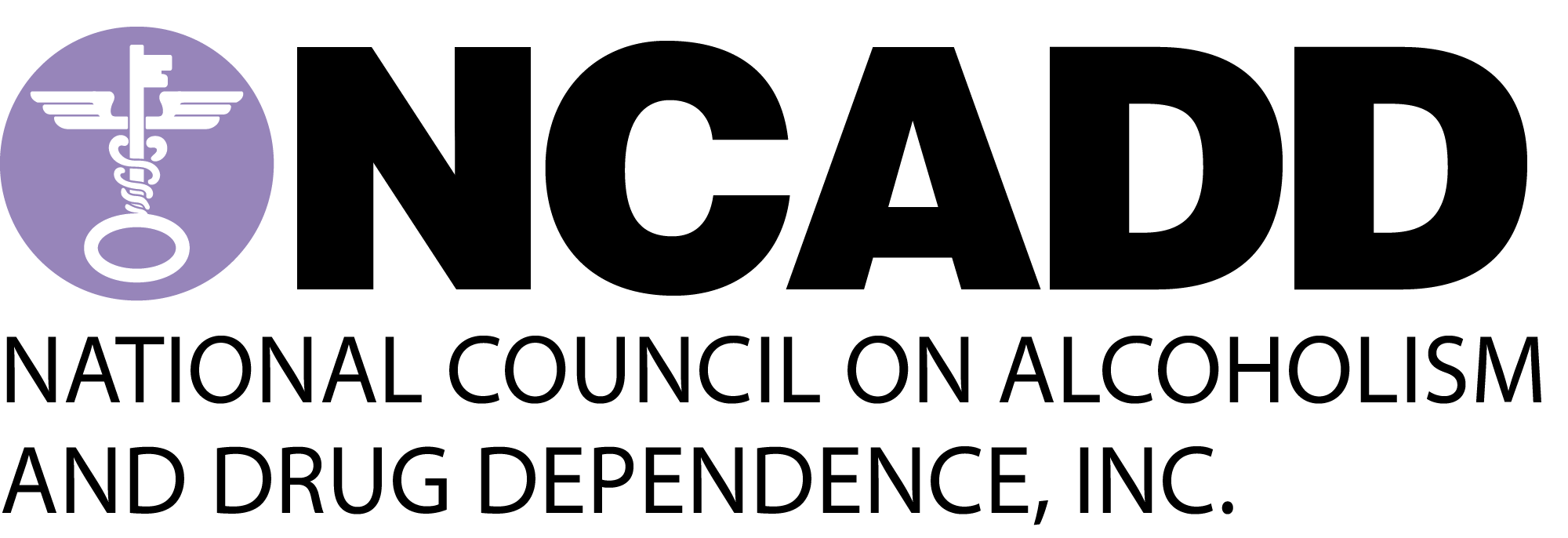Talking to Senior Family Members
As individuals age, they encounter various life changes that may lead them to turn to alcohol or drugs. Factors such as children leaving home, retirement, diminishing social circles, declining health, or the loss of a long-term partner can contribute to the onset of alcohol or drug use among seniors. However, persistent problems that worsen over time may also lead to substance abuse.
Aging brings about significant transformations in health, lifestyle, familial responsibilities, and support networks, often accompanied by physical discomfort, stress, loneliness, and reduced mobility. Identifying signs of alcohol and substance use in older adults differs from those in younger individuals and can often go unnoticed or misdiagnosed.
However, certain signs may indicate a drinking or drug issue, including solitary drinking, changes in hobbies, disregarding prescription drug warnings, and increased use of tranquilizers. Additionally, the impact of substance misuse is more severe among the elderly, with heightened risks of injuries, medication interactions, and physical debilitation.
Key Statistics
- Approximately 2.5 million older adults are challenged by alcohol and substance use.
- Six to eleven percent of elderly hospital admissions result from substance abuse.
- Nearly half of nursing home residents experience alcohol-related issues.
- Widowers over 75 exhibit the highest alcoholism rates in the U.S.
- In the past year, 1 in 20 adults aged 65 or older had an alcohol use disorder.
Seniors are particularly vulnerable to prescription drug abuse due to their increased medication intake and potential drug interactions. Limited awareness, inadequate research, and rushed medical consultations often result in under-diagnosis or oversight of substance abuse issues among older adults. The reluctance to seek help and societal stigma further exacerbate this problem.
Treatment Options
Effective treatment approaches involve clear communication, empathy, and tailored interventions that address cognitive changes associated with aging. Education on the risks of substance use, particularly regarding alcohol-medication interactions, can be beneficial. Support groups, therapy, and addiction rehab programs offer avenues for seniors to address substance use disorders and regain control of their lives.
Engaging with senior family members about alcohol and drug use requires patience, understanding, and a willingness to support them through the challenges they face in their later years.
